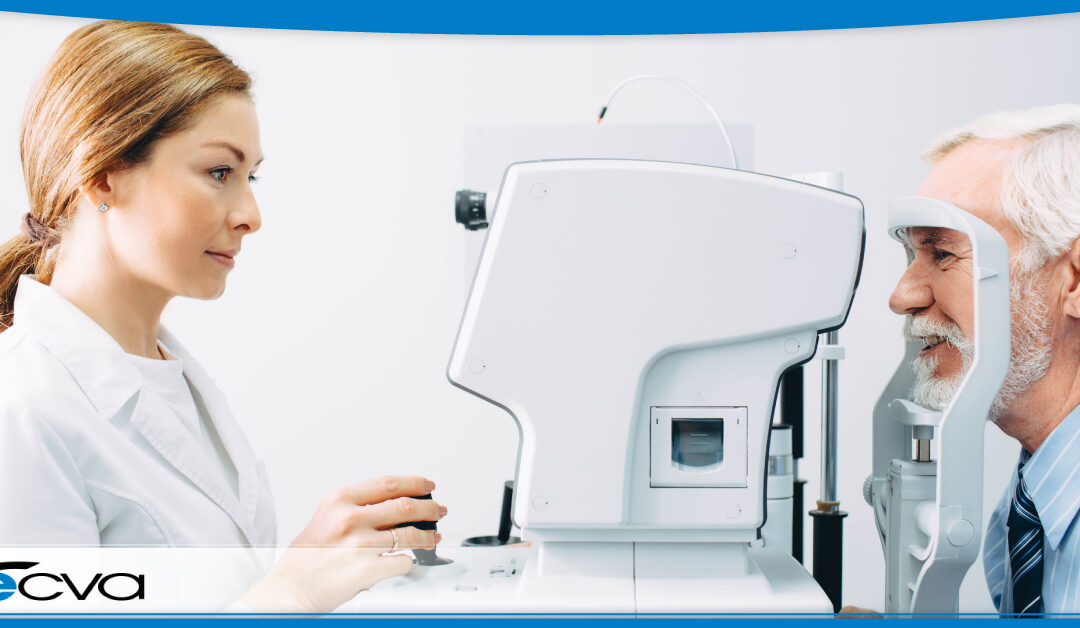
by ecvaeyeadminz | Feb 8, 2024 | Eye Health
Macular degeneration is an eye condition that leads to visual distortions and potentially permanent central vision loss. Often, it’s a devastating diagnosis initially, but there are treatments available that can help preserve vision and slow further...

by ecvaeyeadminz | Feb 2, 2023 | Eye Health
Receiving a diagnosis of age-related macular degeneration (AMD) is often startling and concerning, particularly if you aren’t overly familiar with AMD. As a result, it’s wise to prepare questions that you can ask your ophthalmologist after being referred...




